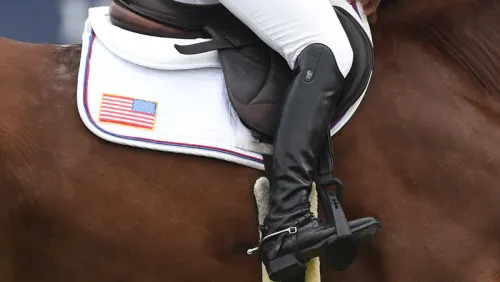Two horses in Travis County, Texas, have been confirmed as suffering from vesicular stomatitis, meaning Texas has joined Arizona and New Mexico as the third state with confirmed V.S. cases this spring.
The two horses shipped home from a trail ride in Arizona on May 10. While there, Texas health officials believe they were exposed to the virus, which can cause animals to develop blisters and sores on the mouth, tongue, muzzle, teats and hooves. This year’s first cases broke out on two horses in southwestern New Mexico on April 27.
“V.S. rarely causes death, but an animal can suffer several weeks while the lesions heal,” said Dr. Bob Hillman, the Texas state veterinarian.
ADVERTISEMENT
Still, the clinical signs mirror those of the dreaded foot-and-mouth disease, eradicated from the United States years ago but still feared by livestock producers. Horses aren’t susceptible to foot-and-mouth, but they can carry it to infect cattle, sheep and other livestock and wild animals. An outbreak of foot-and-mouth disease brought English agriculture and equestrian sports to a halt four years ago. Horses with these blisters need to be tested for V.S., explained Hillman, to rule out foot-and-mouth and other causes.
V.S. occurs sporadically, and the outbreaks generally follow 10- 15-year cycles, according to Hillman. But this is the fifth outbreak in the Southwest since 1995. In 2004, Texas had 15 confirmed cases, New Mexico had 80, and Colorado had 199.
Livestock owners and veterinarians are urged to report all suspected V.S. cases to their state\’s livestock health regulatory agency or to the U.S. Department of Agriculture.














